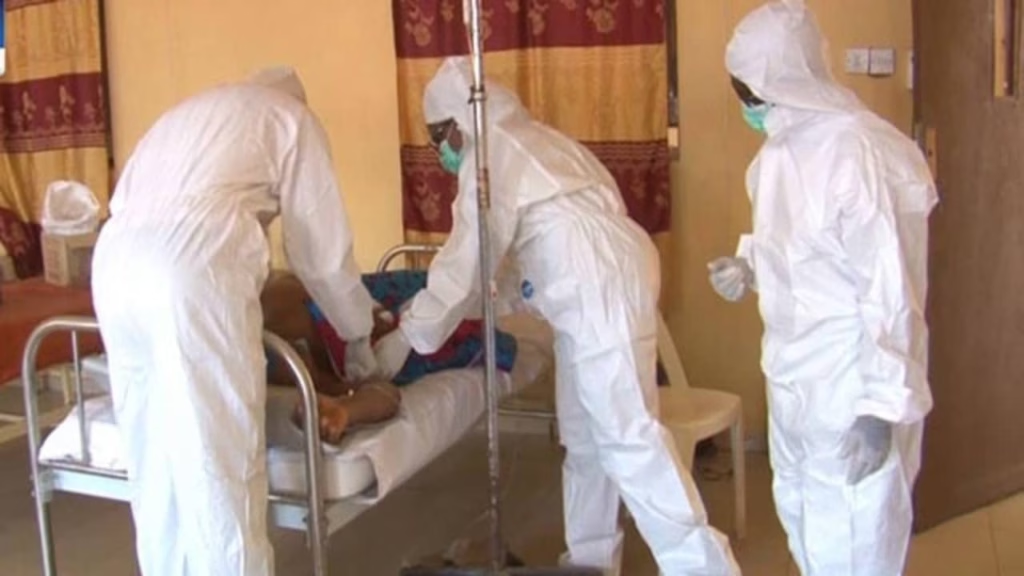Lassa Fever Outbreak in Nigeria Claims 138 Lives, Sparks Nationwide Concern
A devastating outbreak of Lassa fever in Nigeria has resulted in 138 deaths since January, with a staggering 19.3% case fatality rate. According to the latest situation report from the Nigeria Centre for Disease Control and Prevention (NCDC), this represents a significant rise from the 18.0% recorded during the same period in 2024. The report, published on the NCDC’s official website, sheds light on the alarming spread of the disease across the country.
As of Epi Week 18, a total of 717 confirmed cases have been recorded, with four new states – Ondo, Edo, Bauchi, and Benue – reporting cases in the current week alone. Although the number of new confirmed cases decreased slightly from 11 to 10 in the past week, the overall death toll remains a pressing concern. Notably, 71% of all confirmed cases originated from three states: Ondo (30%), Bauchi (25%), and Taraba (16%). These persistent hotspots highlight the need for sustained nationwide interventions.
The most affected age group is 21-30 years, with males slightly more affected than females, at a ratio of 1:0.8. While no healthcare workers were infected in the current week, 22 have been affected so far this year. In response to the outbreak, the NCDC has activated a multi-partner, multi-sectoral Incident Management System and deployed 10 Rapid Response Teams across affected states. The agency has also intensified contact tracing, community sensitization, and distribution of essential commodities like personal protective equipment (PPE), Ribavirin, body bags, and disinfectants.
The NCDC’s efforts are being supported by international partners, including the World Health Organization (WHO), Médecins Sans Frontières (MSF), the Coalition for Epidemic Preparedness Innovations (CEPI), and Georgetown University. Additionally, the country has conducted multiple webinars, capacity-building trainings, and surveillance activities to combat the outbreak. However, challenges to the response include late presentation of cases, poor health-seeking behavior, and low awareness levels in high-burden areas. Poor environmental sanitation has also contributed to the disease’s spread.
The NCDC is urging Nigerians to take immediate action to prevent further spread of the disease. By maintaining hygiene, reporting symptoms early, and avoiding contact with rodents and their secretions, individuals can significantly reduce their risk of infection. As the outbreak continues to evolve, it is essential for Nigerians to remain vigilant and take proactive measures to protect themselves and their communities. The NCDC’s swift response and collaboration with international partners offer a glimmer of hope in the fight against Lassa fever, but it is crucial that the public remains informed and engaged in the efforts to combat this deadly disease.
